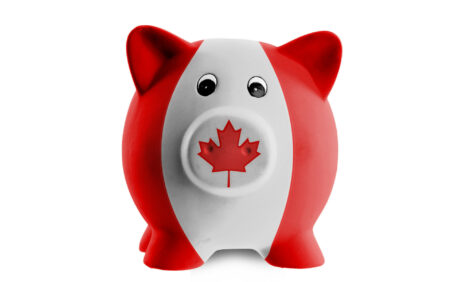



Market Preview: Expect Congress to Override Farm Bill Veto
US - Weekly US Market Preview provided by Steve R. Meyer, Ph.D., Paragon Economics, Inc.USDA announced yesterday that it would publish the final rules for the reauthorization of the Livestock Mandatory Reporting Act of 1999 (the enabling legislation for the mandatory price reporting system) on May 15, and that the mandatory reporting systems would once again be in effect in July. Pork packers have reported all of the required data on a voluntary basis since the law expired in September 2005. Kudos to them for doing so, as that has prevented market disruptions and provided us with a usable, continuous series of price and volume data.
The bad news is that we are now 2-1/2 years into a five-year reauthorization. Get set to do this all over again in September 2010. Anyone want to bet on whether any lessons have been learned in Washington?
Last week’s export data were another shot in the arm for the U.S. pork industry. See Figure 1 for carcass-weight-equivalent export data by destination. Note that Japan returned to its spot atop the list of U.S. pork destinations with a record-high month. March shipments totaled 122.2 million pounds – 23.3% higher than one year ago. It takes a very big number to account for a 23% year-over-year change in shipments to Japan! Year-to-date (YTD) shipments to Japan are up 7.7%.

Pork Exports Stay Strong
Exports to China/Hong Kong cooled a bit from their torrid paces of January and February, but were still nearly three times larger than they were in March 2007. YTD shipments to China/Hong Kong are over four times what they were just one year ago!
Russia is the other fast-growing market for U.S. pork – at least in percentage terms. March exports to Russia were 107% higher than last year and YTD shipments now stand at +141%.
Pork trade with Mexico continues to recover. March shipments were 11% larger than last year, leaving YTD trade fractionally higher. Should business with Mexico just remain stable for the next few months, it will be a marked improvement over last year when the volume of shipments plummeted as corn prices rose. It will not take much in terms of performance to improve upon last year from here on out!
Figure 2 demonstrates the role that the weaker U.S. dollar has played in our recent export performance. It shows the U.S. pork cutout value in terms of the Canadian dollar and the Euro.

Relative to these two major competitors, the U.S. cutout value has fallen by nearly 50% since 2004. Part of that decline is comprised of the drop in actual cutout value from $81.89 on May of 2004 to $65.55 in April 2008, the last observation in the graph. That decline, though, is only 20%. The remainder is accounted for by the change in currency value.
It doesn’t take a Ph.D. economist to know that selling something is a lot easier when the price is lower. U.S. producers and packers are definitely benefitting from that fact now. The challenge will be to use this opportunity to build business relationships to the point that they will endure on the day when the dollar strengthens and we no longer enjoy such an advantage.
When will the dollar strengthen? Probably when energy prices abate. Note, I did not say, “When energy prices go back to where they were,” since I doubt that is ever going to happen. Some decline in oil prices, though, would mean far fewer dollars flowing out into the world economy and, thus, would increase the value of the dollar relative to other currencies. A reduction in the federal budget deficit would also help, but I don’t hold out much hope of that regardless of who wins the White House this fall.
On May 3, Warren Buffet told the annual meeting of his investment firm, Berkshire Hathaway, that he expects the dollar to remain weak for most of the next decade. I was a bit shocked by that, but I have to admit that Warren has been right many, many times in his career. I respect track records greatly, so I have to put some credence in his statement.
If true, Buffet’s prediction is good news for pork producers and not very good news for anyone planning foreign vacations.










